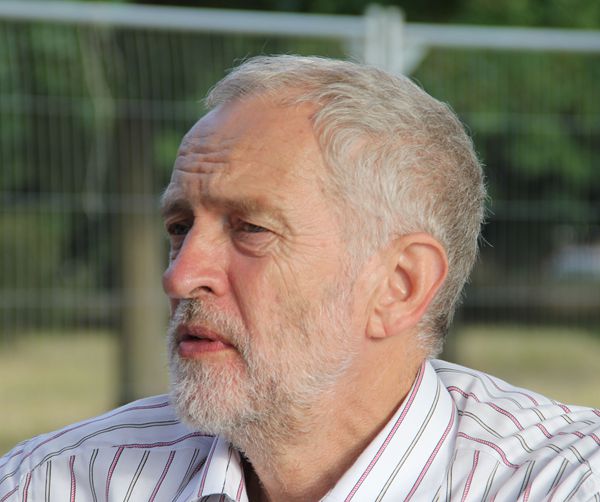Integrity and hope: Jeremy Corbyn electrifies British politics
- By Heiko Khoo
 0 Comment(s)
0 Comment(s) Print
Print E-mail China.org.cn, August 8, 2015
E-mail China.org.cn, August 8, 2015
|
|
|
Corbyn, 66, is determined to return the labor movement to its socialist roots. He sees the Labour Party as the collectivist expression of the hopes and dreams of the majority of the working class. [Courtesy: Heiko Khoo] |
When David Cameron's Conservative Party won the British General Election in May, Ed Miliband, leader of the opposition Labour Party, accepted responsibility for the defeat and resigned.
Now, elections are underway for a new Labour leader and the process has been electrified by the surprise entry of a lifelong outsider to mainstream politics, left-wing activist Jeremy Corbyn.
Corbyn, 66, is determined to return the labor movement to its socialist roots. He sees the Labour Party as the collectivist expression of the hopes and dreams of the majority of the working class.
His vision for the future of the party and his program for change are radically different to the other three candidates -- Liz Kendal from the Blairite right-wing of the party (least popular); and Yvette Cooper and Andy Burnham, members of the shadow cabinet and who served as ministers in the last Labour government.
Publicly, they are seen as boring, stereotypical politicians -- evasive, power-hungry, and defenders of austerity -- supporting a basic social structure that reproduces the existing inequality of wealth and power.
At the start of the campaign, Corbyn was seen as something of a joke candidate. He was helped to get into the ballot paper by MPs who do not support him, in order to "expand the debate." Now, however, he has leapt from a 100-1 outsider to being the odds-on favorite.
If he wins on September 12, it will be one of the biggest political upset in the history of the British Labour Party and drastically change the British political landscape.







Go to Forum >>0 Comment(s)